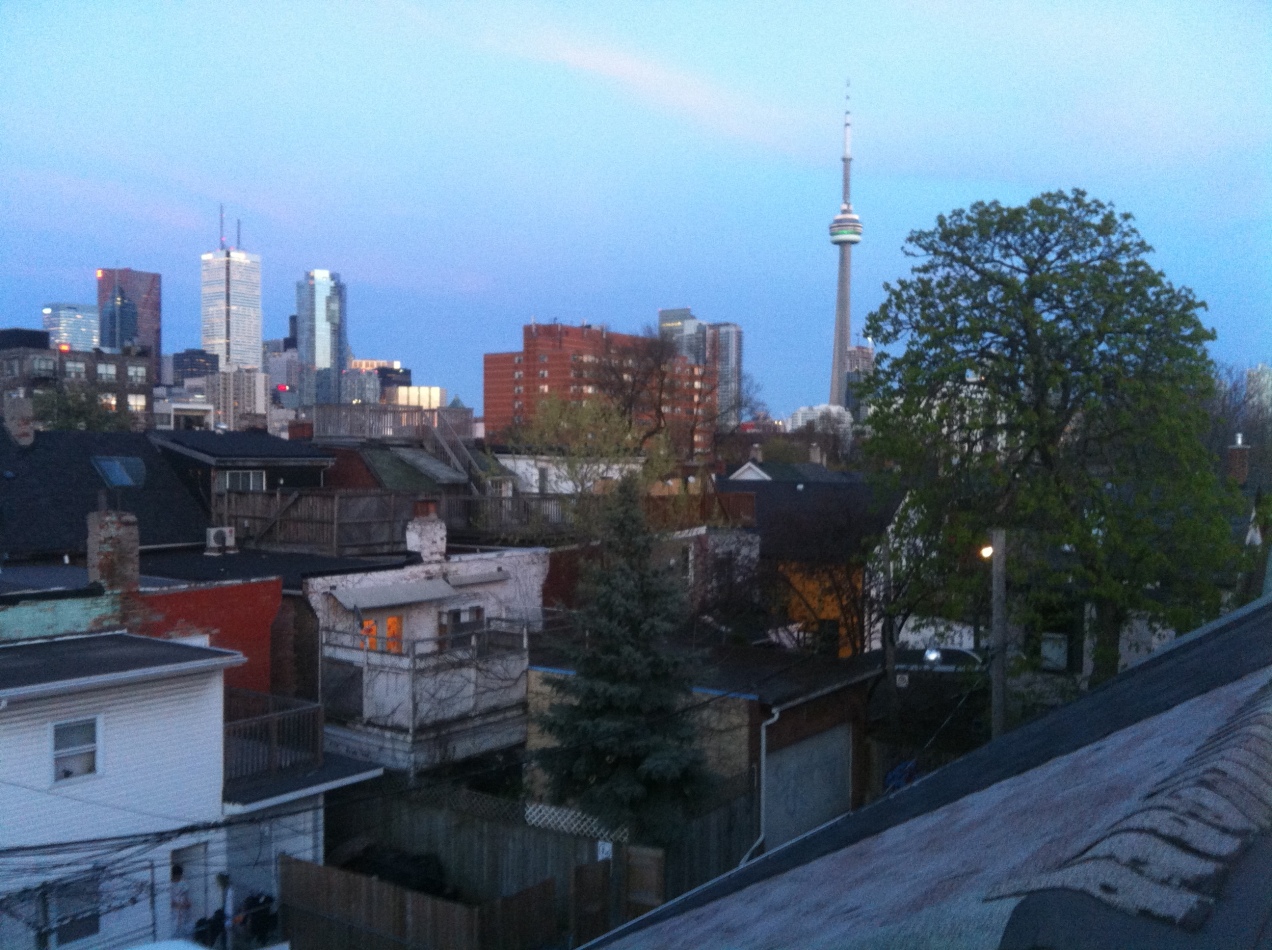
from the roof of Kensington market
Depressed? It might be political.
Depression: A Public Feeling – written by Ann Cvetkovich
My friend introduced me to this book by Ann Cvetkovich, Depression: A Public Feeling which invites readers to “think about depression as a cultural and social phenomenon rather than a medical disease.” My friend brought this to my attention because we’ve had many conversations about the way in which mental illnesses, such as depression, are often understood only through a biological and medical perspective in mainstream society. It was nice to know of and read a book (I’m only on the introductory chapter) that focuses on acknowledging and analyzing the potential ways in which the broader political systems impact people, feelings and the body. She goes on to state:
A political analysis of depression might advocate revolution and regime change over pills, but in the world of Public Feelings there are no magic bullet solutions, whether medical or political, just the slow steady work of resilient survival, utopian dreaming, and other affective tools for transformation. (Cvetkovich, 2012, p. 2)
This perspective is often a hard one to swallow. Especially given the need for real solutions to urgent and serious issues facing the lives of people experiencing capitalism and oppression, experiencing what is labelled as mental illness. The larger view of social and political change often gets side swept as being impractical and idealistic to real issues happening on the ground. However, it is quite interesting to think of how little the notion of depression as a public feeling has been applied to the topic of mental illness and health.
I have personally experienced depression in a deep and meaningful (or meaningless) way at many points throughout my life. While I do not fully doubt the potential impacts of my hormones or neurotransmitters on my body and my affect, I deeply connect, on some level, my feelings of despair, grief, and sadness with my livings within a current global and political system that is vastly unequal, exploitative and oppressive to the majority of people in the world. To focus on this perspective and creating change from these roots can seem impossible. But many things seem impossible until they’re not. Change spreads if it has meaning to peoples lives. In what ways can we begin to understand depression and mental illness as being connected to broader social, cultural and political environments? How can we begin to have dialogue, conversations and praxis about the politics of feelings, of mental illness and depression. Maybe the more we integrate this perspective, or ask these questions, the more we can begin to see the ways in which we can imagine new possibilities of providing supportive environments that address real issues facing people, humans and all living beings within ourselves and around the world.
Note: For more reading on this topic, check out this essay – Melancholy and The Infinite Sadness – by Kate Zambreno